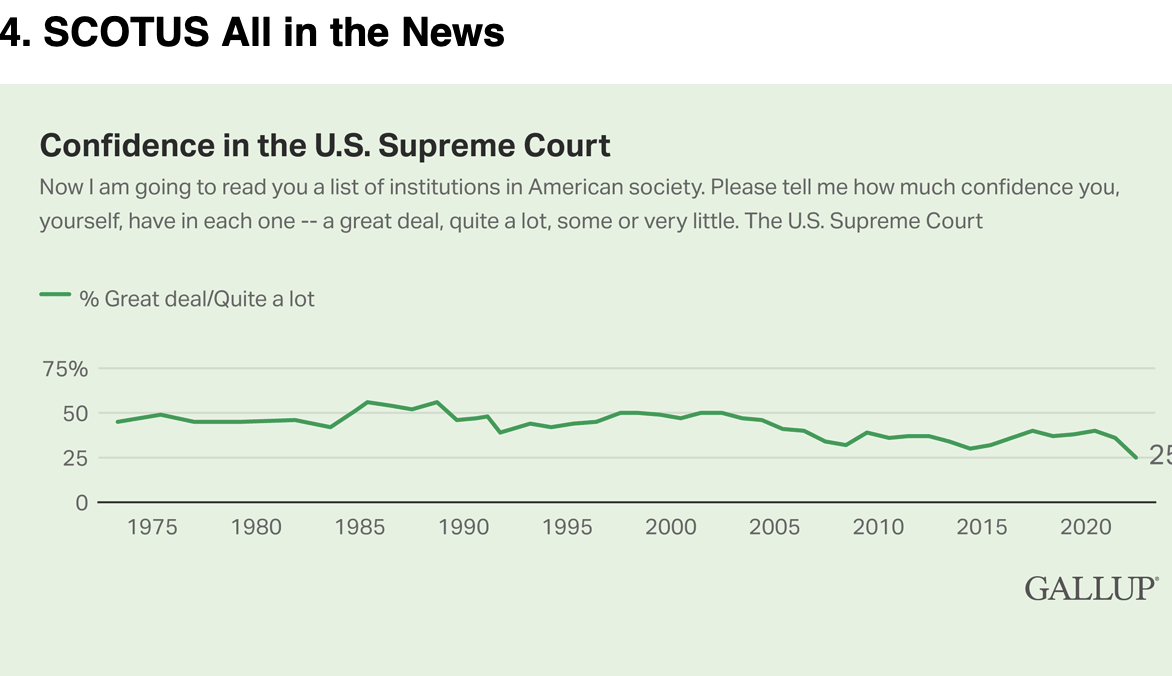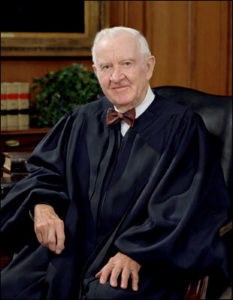Are You Seeing The Pattern Yet?
The people at the not-for-profit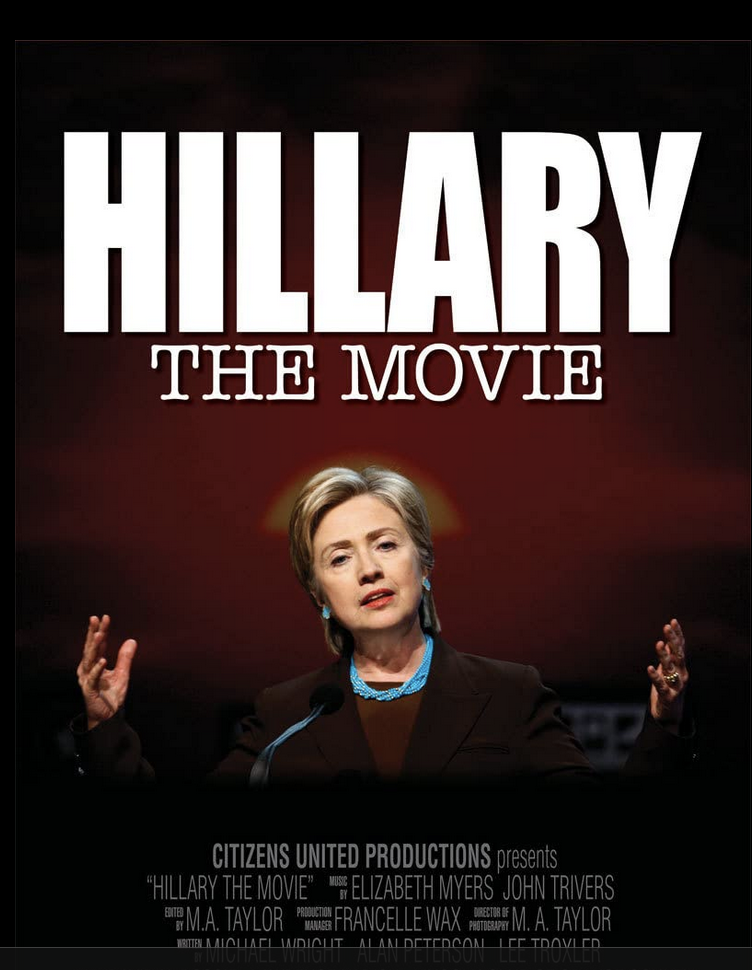 Citizens United were on a mission. They hated Hillary Clinton. A lot. They filmed what they called a documentary, Hillary: The Movie, and planned to release it in 2008 in an effort to submarine her candidacy for the Democratic Party nomination for the presidency. They wanted to air their hit job film just prior to primary elections in the various states. But they had a problem.
Citizens United were on a mission. They hated Hillary Clinton. A lot. They filmed what they called a documentary, Hillary: The Movie, and planned to release it in 2008 in an effort to submarine her candidacy for the Democratic Party nomination for the presidency. They wanted to air their hit job film just prior to primary elections in the various states. But they had a problem.
One of the provisions of the 2002 Bipartisan Campaign Reform Act (commonly called McCain-Feingold) banned the airing of corporate funded “electioneering communication” for the 30 days before a primary election and for 60 days prior to a general election. The Citizens United people wanted to blanket the airways with their electioneering communication attack piece all the way through the primaries, so in December 2007 they filed suit to challenge that provision of McCain-Feingold. If they won, they would be able to run their electioneering film in the then-upcoming campaign season of 2008.
The district court refused their application for injunctive relief. In the appeals court Citizens United claimed their 90-minute film was a documentary, not electioneering. The court easily saw through that smoke screen and refused that argument, stating what was perfectly clear to everyone, that it was not a documentary film, but a 30-minute attack ad. It was an attempt to affect the election (the very definition of electioneering). Further, the court saw that their intended use of the movie was expressly at odds with established law.
On the case went to the Supreme Court (Citizens United v. FEC), which decided in favor of Citizens United in January 2010, overturning the lower court’s ruling. The court declared that the corporate electioneering communications restrictions of McCain-Feingold were unconstitutional and Citizens United could air their film as they wished. That should have been the end of the case, but it wasn’t.
Chief Justice John Roberts directed the attorneys to return to the court and re-litigate the case, this time specifically testing the rights of corporations and speech equivalency. It’s important to note that those issues were not part of the case brought by Citizens United.
—-> In other words, the court fabricated an entirely new case focused on issues that were not in contest in the Citizens United case.
That is not supposed to happen.
.
And in this fabricated case, the Supreme Court decided in a 5-4 vote that corporations have full First Amendment rights.
Let me be clear about this:
—-> The Court majority effectively declared that non-sentient, non-human corporations have all the rights of flesh and blood human beings.
Like you
.
Making things worse, Justice Anthony Kennedy, writing for the majority, reaffirmed that money was effectively the same as speech. He declared that the First Amendment doesn’t allow prohibitions of speech even if the speaker is a corporation.
And that started a deluge of corporate money – dark money – into our politics that persists today.
To be sure there were earlier cases that chipped away at our protection from big money influence in our politics, including Buckley v. Valeo, which effectively declared that money is the same as speech. That assertion, of course, is ridiculous.
While money used for a campaign contribution certainly enables speech, that doesn’t make it the same as speech. Indeed, if you follow the Court’s Buckley logic, they’d have you believe that if I use money to buy a car, that money is the same as a car. Utter nonsense.
Money is property that is used in exchange for other things. That doesn’t make it the same as those other things. Nevertheless, the Roberts court wasn’t able to or refused to see the difference and the Citizens United case became the back breaker of integrity in our elections.
Key Point: That decision was driven by John Roberts legislating from the bench in a case that was not even brought before the court by a plaintiff! One has to wonder if this was a predetermined decision he wanted to reach. Otherwise, where did that secondary case come from?
Put a bookmark here.
Professor Heather Cox Richardson reported this in her July 6 edition of Letters From an American:
“Both the Organization of American Historians and the American Historical Association, the flagship organizations of professional historians in the U.S., along with eight other U.S. historical associations (so far), yesterday issued a joint statement expressing dismay that the six Supreme Court justices in the majority in the Dobbs v. Jackson Women’s Health decision that overturned Roe v. Wade ignored the actual history those organizations provided the court and instead ‘adopted a flawed interpretation of abortion criminalization . . . ‘ “
” ‘[t]hese misrepresentations are now enshrined in a text that becomes authoritative for legal reference and citation in the future, ‘an undermining of the imperative that historical evidence and argument be presented according to high standards of historical scholarship. The Court’s majority opinion…does not meet those standards.’ ” [emphasis mine]
Translation: the Supreme Court ignored evidence that was inconvenient to the decision the justices wanted to make (i.e. overturn Roe). As in the manufactured case derived from the Citizens United law suit, the court clearly had its mind made up to push the doctrines it wanted, irrespective of precedent, facts and even without having a case before it.
And that radicalization is the true danger of this gerrymandered Supreme Court. It appears these justices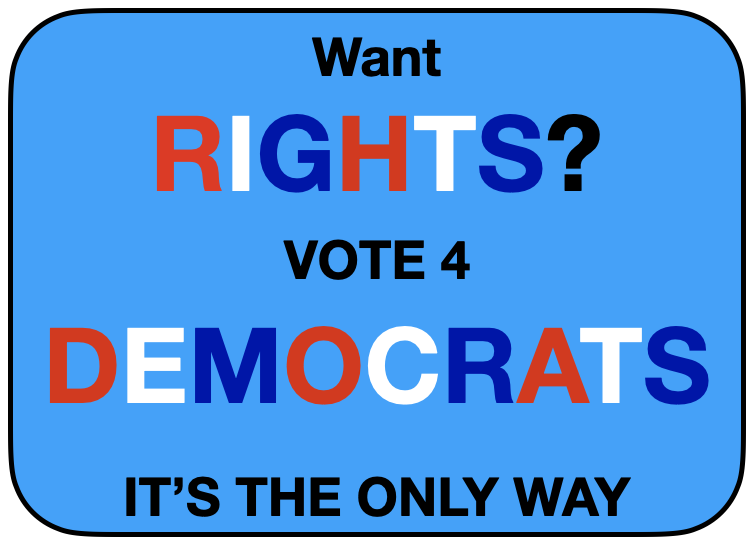 want to roll back rights and progress 90 – maybe 150 – years.
want to roll back rights and progress 90 – maybe 150 – years.
Are you seeing the pattern yet?
You better see it, because this Court has already invited yet more cases to give them the opportunity to end yet more rights of the people.
For further reading, review Harry Littman’s troubling forecast of Supreme Court malfeasance.
—————————————–
Special Note: According to an ongoing Gallup survey, public confidence of the Supreme Court has plummeted down to 25%. And this study update was conducted before any of the end-of-term Court decisions were announced, including Dobbs. A fresh study will almost certainly show a sharp drop from the already historically low public confidence in the Court.
A similar drop in confidence is what Justice John Paul Stevens predicted in his blistering dissenting opinion in the Citizens United decision in 2010. As you can see, that is what happened.
For Nerd Readers
You must read Jeffery Toobin’s explanation of this sordid story in The New Yorker. For a sampling, here’s a section of Toobin’s comments on Justice John Paul Stevens’ dissent in the Citizens United case:
So it was especially galling that the Court converted Citizens United from a narrow dispute about the application of a single provision in McCain-Feingold to an assault on a century of federal laws and precedents. To Stevens, it was the purest kind of judicial activism.
Or, as he put it in his dissenting opinion, “Five Justices were unhappy with the limited nature of the case before us, so they changed the case to give themselves an opportunity to change the law.” [emphasis mine] The case should have been resolved by simply ruling on whether McCain-Feingold applied to “Hillary: The Movie,” or at least to nonprofit corporations like Citizens United.
Stevens was just warming up. His dissent was ninety pages, the longest of his career. He questioned every premise of Kennedy’s opinion, starting with its contempt for stare decisis, the rule of precedent. He went on to refute Kennedy’s repeated invocations of “censorship” and the “banning” of free speech. The case was merely about corporate-funded commercials shortly before elections. Corporations could run as many commercials as they liked during other periods, and employees of the corporations (by forming a political-action committee) could run ads at any time.
Stevens was especially offended by Kennedy’s blithe assertion that corporations and human beings had identical rights under the First Amendment. “The Framers thus took it as a given that corporations could be comprehensively regulated in the service of the public welfare,” Stevens wrote. “Unlike our colleagues, they had little trouble distinguishing corporations from human beings, and when they constitutionalized the right to free speech in the First Amendment, it was the free speech of individual Americans that they had in mind.” Congress and the courts had drawn distinctions between corporations and people for decades, Stevens wrote, noting that, “at the federal level, the express distinction between corporate and individual political spending on elections stretches back to 1907, when Congress passed the Tillman Act.”
As for Kennedy’s fear that the government might regulate speech based on “the speaker’s identity,” Stevens wrote, “We have held that speech can be regulated differentially on account of the speaker’s identity, when identity is understood in categorical or institutional terms. The Government routinely places special restrictions on the speech rights of students, prisoners, members of the Armed Forces, foreigners, and its own employees.” And Stevens, a former Navy man, could not resist a generational allusion: he said that Kennedy’s opinion “would have accorded the propaganda broadcasts to our troops by ‘Tokyo Rose’ during World War II the same protection as speech by Allied commanders.” (Stevens’s law clerks didn’t like the dated reference to Tokyo Rose, who made propaganda broadcasts for the Japanese, but he insisted on keeping it.)
Stevens’s conclusion was despairing. “At bottom, the Court’s opinion is thus a rejection of the common sense of the American people, who have recognized a need to prevent corporations from undermining self-government since the founding, and who have fought against the distinctive corrupting potential of corporate electioneering since the days of Theodore Roosevelt,” he wrote. “It is a strange time to repudiate that common sense. While American democracy is imperfect, few outside the majority of this Court would have thought its flaws included a dearth of corporate money in politics.” It was an impressive dissent, but that was all it was. Anthony Kennedy, on the other hand, was reshaping American politics.
————————————
Our governance and electoral corruption and dysfunction and our ongoing mass murders are all of a piece, all the same problem with the same solution:
.
Fire the bastards!
.
The days are dwindling for us to take action. Get up! Do something to make things better.
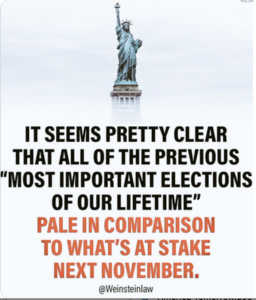
Did someone forward this to you? Welcome! Please subscribe – use the simple form above on the right. And pass this along to three others, encouraging them to subscribe, too. (IT’S A FREEBIE!)
And add your comments below to help us all to be better informed.
Thanks!
The Fine Print:
- Writings quoted or linked from my posts reflect a point I want to make, at least in part. That does not mean that I endorse or agree with everything in such writings, so don’t bug me about it.
- There are lots of smart, well-informed people. Sometimes we agree; sometimes we don’t. Search for others’ views and decide for yourself.
- Errors in fact, grammar, spelling and punctuation are all embarrassingly mine. Glad to have your corrections.
- Responsibility for the content of these posts is unequivocally, totally, unavoidably mine.
- Book links to Amazon are provided for reference only. Please purchase your books through your local mom & pop bookstore. Keep them and your town vibrant.
JA
Copyright 2026 by Jack Altschuler
Reproduction and sharing are encouraged, providing proper attribution is given.
